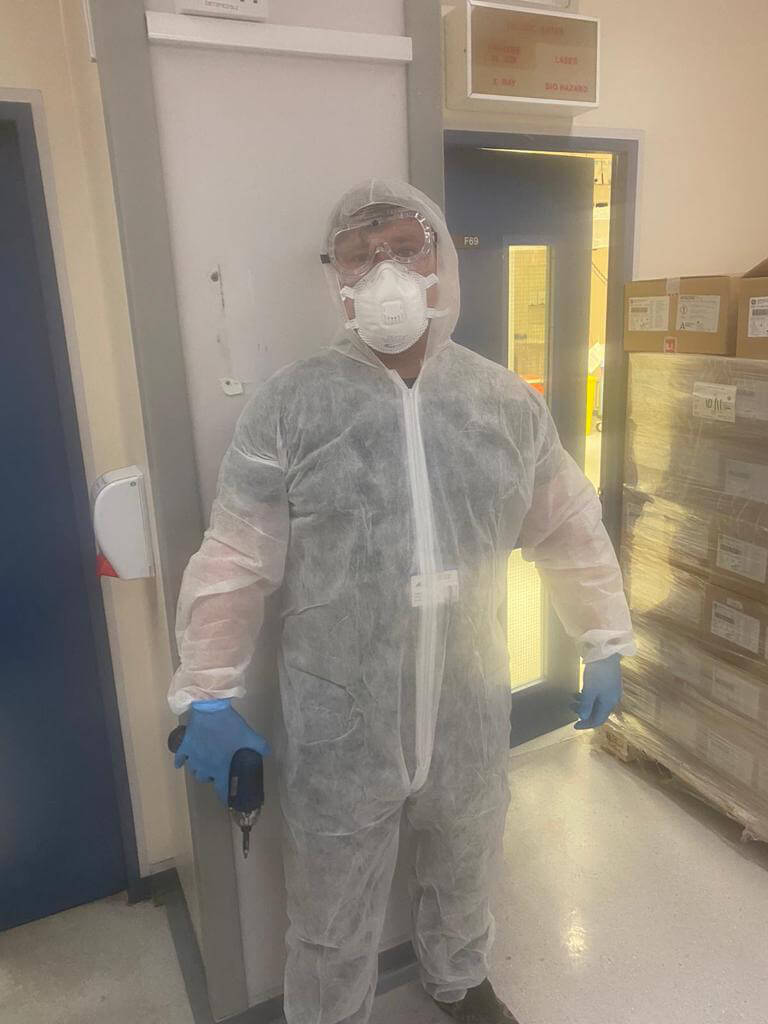
In today’s complex and demanding business landscape, Facilities Managers play a critical role in maintaining health and safety standards within organisations. From water and electrical safety to fire protection and asbestos management, Facilities Managers bear the responsibility of ensuring a safe working environment. With the added challenges posed by the COVID-19 pandemic, their role has become even more vital.
Navigating the Impact of COVID-19
The coronavirus crisis has presented new challenges for Facilities Managers, requiring them to adapt and respond effectively. In the absence of dedicated health and safety officers, Facilities Managers must take on the responsibility of implementing and communicating COVID-19 safety protocols. This includes maintaining a safe workplace through regular disinfection, enforcing social distancing measures, and ensuring proper ventilation to mitigate the risk of contamination.
Maintaining Fire Protection Standards
Under the Fire Safety Order, Facilities Managers are legally obligated to conduct fire risk assessments and ensure the proper maintenance of fire protection measures. Regular evaluations and staff training are essential to minimise the risk of fires and instill confidence in employees’ safety.
Managing Asbestos Risks
Facilities Managers must effectively manage any asbestos present within the properties they oversee. Conducting thorough asbestos surveys, creating management plans, and employing specialist contractors for asbestos-related work are essential steps to protect staff from exposure to this hazardous material.
Ensuring Water Safety
Water quality is another critical aspect of health and safety managed by Facilities Managers. Regular monitoring, maintenance of water storage tanks, temperature checks, and flushing taps are necessary to ensure a safe water supply within the premises.
Prioritising Electrical Safety
With the increasing reliance on technology, Facilities Managers must address electrical safety risks. Evaluating electrical installations, preventing overloading, and complying with mandatory testing requirements are vital to minimise the risk of electrical hazards.
Effective Contractor Management
Facilities Managers often work with external contractors, which requires careful selection and ongoing oversight to ensure compliance with health and safety standards. By partnering with a comprehensive Facilities Management provider like Artic, the complexity of managing multiple contractors can be streamlined, reducing risk and saving time.
Artic: Your Trusted Facilities Management Partner
Artic offers comprehensive Hard FM capabilities, providing a wide range of services and skilled engineers to support your health and safety needs. Our team ensures compliance, maintains high work quality standards, and minimises supply chain risks. With dedicated Contract Management and a 24/7 helpdesk, we empower Facilities Managers to optimise health and safety within their organisations.
Contact us today to learn more about how Artic can support your Facilities Management needs.
Share This Story!
If you're looking to partner with Artic Building, then please complete the Working With Artic form here.
Do you have an upcoming project or tender? Then please complete the form below.

